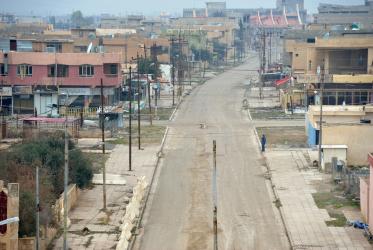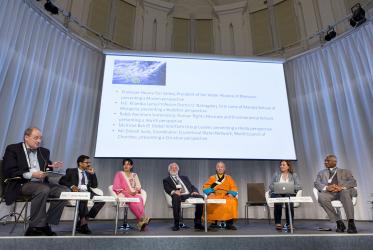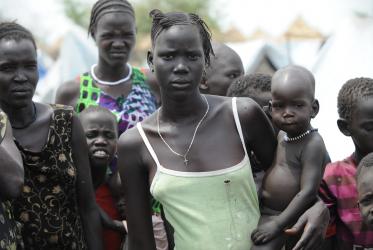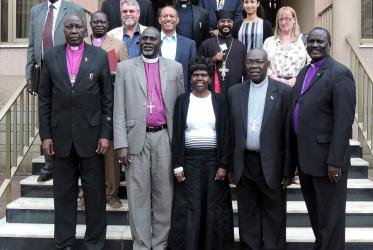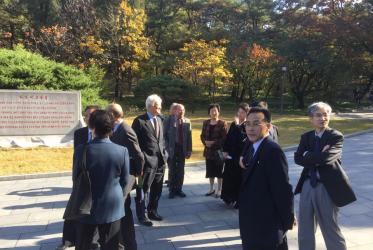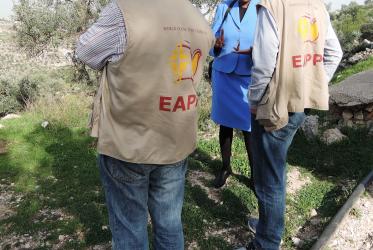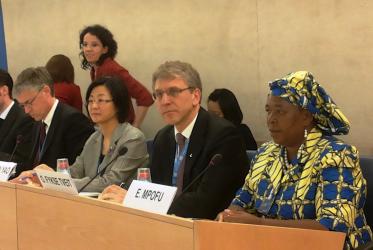Displaying 61 - 80 of 101
In Lebanon, refugees face hardship - but find hope
16 March 2017
South Sudan: role of civil society vital in seeking peace
04 October 2016
South Sudan Council of Churches issues message to UN delegation
07 September 2016
Tveit on the “Ten Commandments” of food
26 January 2016
New video presents Ecumenical Advocacy Alliance’s call to action
13 January 2016
Land rights focus of panel discussion
17 November 2015
Local and global work saves lives
22 October 2015
A presence to accompany vulnerable communities
31 March 2015
Displaced Iraqis appeal for security and tolerance
17 September 2014
Humanitarian need and loss punctuate crisis in northern Iraq
09 September 2014


